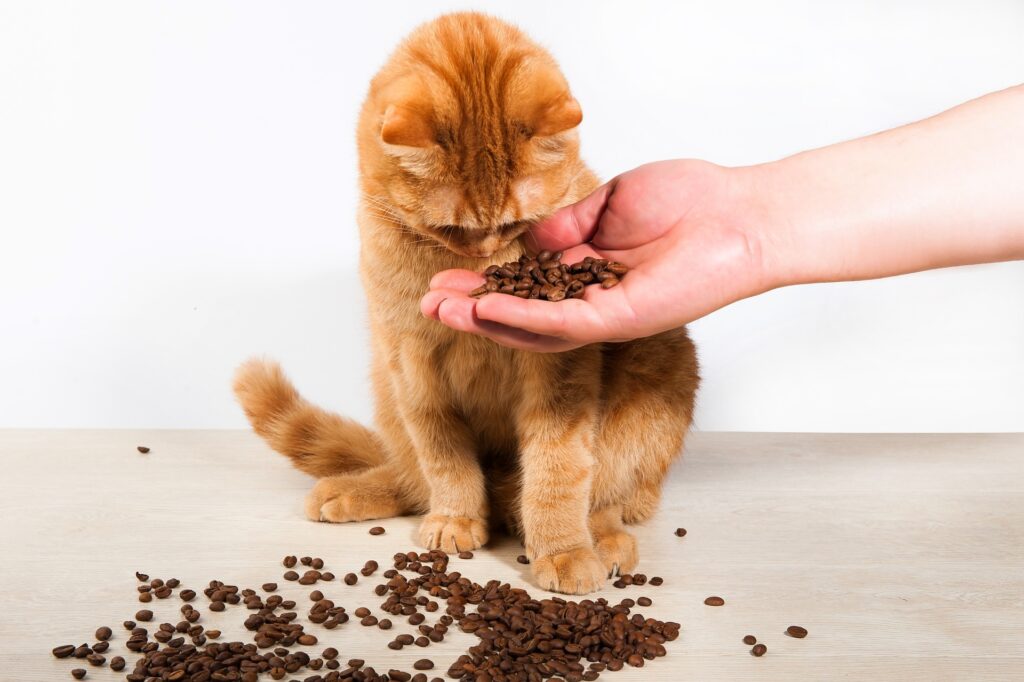
By Dr David Calvert, April 2023
Schoolchildren are often the trend setters with regard to consumer goods and I recently came across a product called “air-up” which is causing quite a stir. The claim is that you simply drink water but that the brain is tricked into thinking that the water is actually flavoured, thanks to the addition of aroma pods such as passionfruit, elderflower, coffee, cucumber and cola. Taste has always been a complicated matter and we know that sight, smell as well as the actual taste-buds can play a role in what the brain registers.
The formulation science behind this product appears sound and it got me round to thinking about how commonly the success of products relies upon appealing to the human senses and how this can be difficult to measure. With food and drink we all can see how the human sense plays a key role and how despite much effort there is still a strong reliance on consumer panel and expert tasters from products such as wine, coffee and tea.
There are other areas where “experts” are needed, however, and I think back to my time working in the pigments industry where colour matchers were still the best source of information that even the very best spectrophotometers could not provide. Moving further down the supply chain, if we think of almost any coatings product, then colour and how people react to the colour and even the name can be critical to the success of a coating. Have you been seduced by “Flamingo Flock”, Frosted Papaya” or “Proud Peacock” from the Dulux Trade Pro Colour Guide, or if cars are of more interest, what about “Shooting Star Grey Matte” or “Orinoco” or “Fjord”?
In the pharmaceutical area, the efficacy of a product can clearly be measured by how the patient feels and the inclusion of placebos in medical trials tries to remove the “feeling” element from results. Moving into healthcare and personal care, creams are often marketed as having a soothing effect and how many times have we all benefitted from lotions and creams both before and after we venture onto those sunbeds while on vacation.
I could go on with many more examples but I think the previous examples make the point that the senses cannot be ignored by any formulator and often a formulator should use their own senses as an initial filter before getting to convoluted data management techniques.

